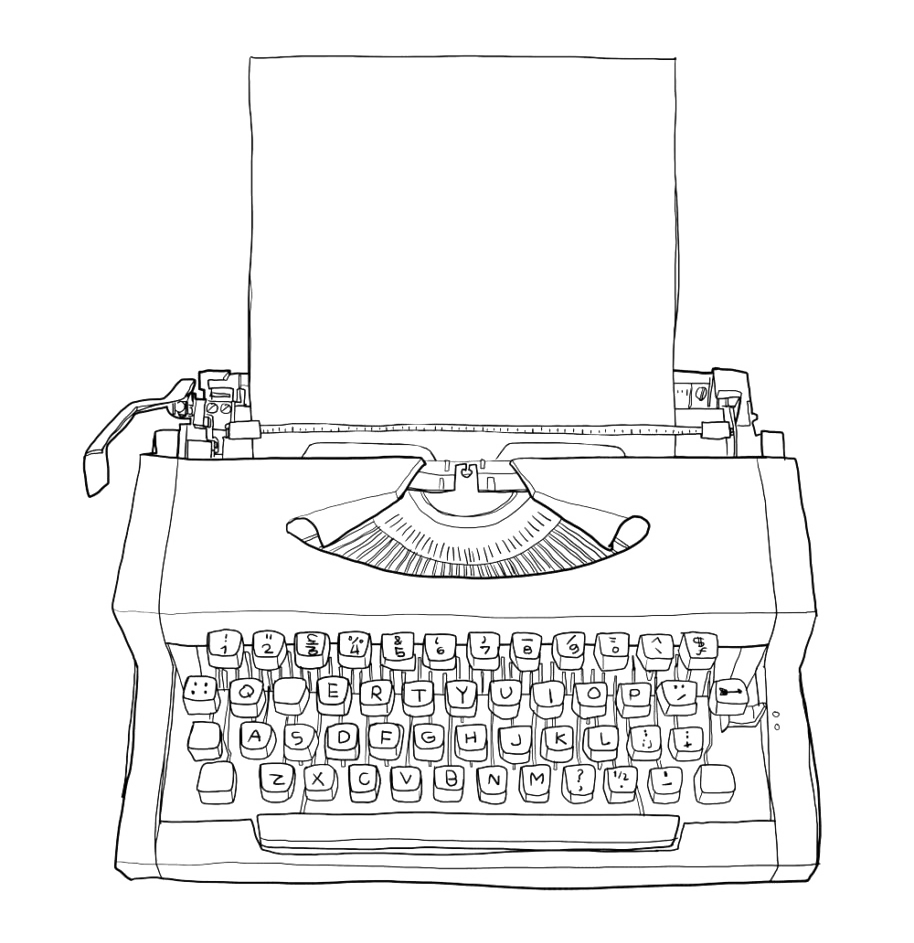Sadly, a lot of copywriting work I do is for brands looking to communicate what they do in a manner that is clearer, crisper and with less (sometimes more) fluff. It’s complicated, you see.
And in the process, there are plenty of times when I find myself wanting to bang my head against the desktop after reading the same buzzwords & adjectives over and over again in brochures, reports, “about us” pages and white papers.
(Which reminds me, I seriously believe we could’ve come up with something far better than the term ‘white paper’.)
Then, like most of the copywriters, I go to Google to only find ten thousand ways to write a good copy but not a single way to avoid writing a bad one.
What do I do then? Like most of the copywriters – Right click. Synonym. Replace. Repeat.
And when we repeat this process, we get a list of words that are “exciting”, “extravagant”, “exclusive” and should be deleted from our marketing vocabulary right away.
So, what should a conscientious copywriter do? Well, maybe you could start by reading more thesis and poetry.
Or, if you don’t see yourself reaching for the collected works of [famous copywriter] any time soon, another, more direct approach you could take is to eliminate the following meaningless filler terms from your copy.
BEST / FINEST / GREATEST
Here’s a product headline you will never see: “We offer one of the best products in the industry.”
Why will you never see it? Because, like any proud parent doting on an unspectacular child, no company with a substandard product would ever admit it. That’s not how capitalism works! If you’re a marketing expert or an agency, a potential customer is already going to assume you think your product is the best. The catch is convincing the reader to agree with you.
Copywriting hack?
Instead of voicing your product “best,” a smarter approach is to let a convincing data point do the talking for you.
“We provide the best internet service in the town.” ← *yawns*
“We provide 30% faster internet speed than any average internet service provider.” ← That’s impressive (and persuasive)!
UNIQUE / EXCLUSIVE / EXCEPTIONAL
This is one of those words that makes people involuntarily roll their eyes, and its use should be confined solely to social media bios written by tweens.
Here’s the literal definition of unique: “not like anything else; being the only one of its type”, “unparalleled”, “incomparable”. Ironically, unique has been relentlessly slapped on so many dreary things that the word itself has lost its, ahem, unique meaning. It’s become synonym for, “I want you to think my product is superior, but I lack the ability to tell you why”.
Ironically, unique has been relentlessly slapped on so many dreary things that the word itself has lost its, ahem, unique meaning. It’s become synonym for, “I want you to think my product is superior, but I lack the ability to tell you why”.
Copywriting hack?
Instead of using unique as a prop, invest some time and figure out what actually makes your product or service stand out. Then, write it down.
“This car has unique design features.” ← Good for you, I guess?
“The design of this car was led by a NASA engineer.” ← Wait, whaaaaaaa..?!
QUALITY / EXCELLENT / STATE-OF-THE-ART
THIS IS THE FRONTRUNNER OF WORTHLESS WORDS.
If the only thing you can think of to describe your product is that it’s “high quality,” then you fundamentally do not understand what you’re selling. Do some more research. Use the damn product yourself. Do whatever you have to do to find a marketing angle and apply it to copywriting.
Copywriting hack?
Unless bland is your preferred brand voice, try replacing “high quality” with a sympathetic tone to align your audience.
“Quality, service and support.” ← Could literally be the tagline for any company worldwide.
You just read an 800-word essay about the difference between good copywriting and bad copywriting. But in reality (playing safe here), there are no “good” or “bad” words because you can’t apply moralistic value judgments to intangible concepts. *pushes glasses up nose* However, there are precise words and imprecise ones, accurate and inaccurate. The job of a copywriter is to know the difference and choose words accordingly.
Afterall, the best approach for excellent copywriting is to find unique qualities about what you’re selling and make it seem interesting to nice people, right? 😉

